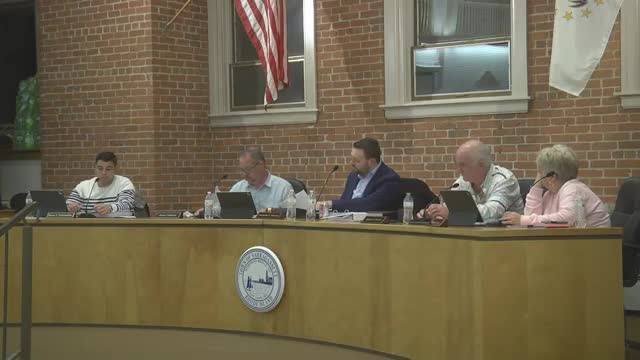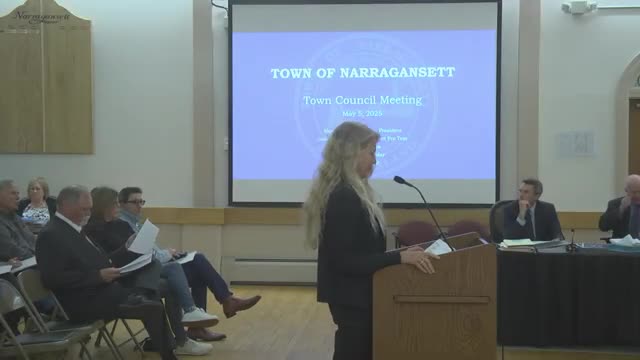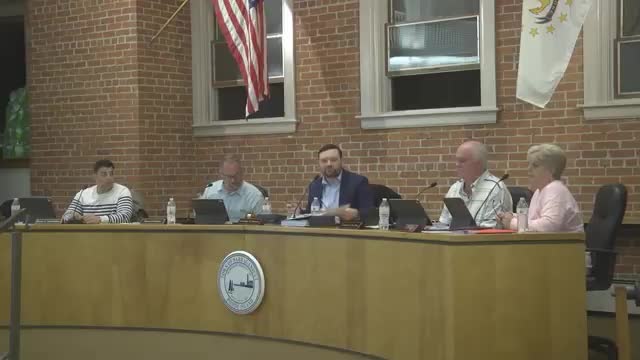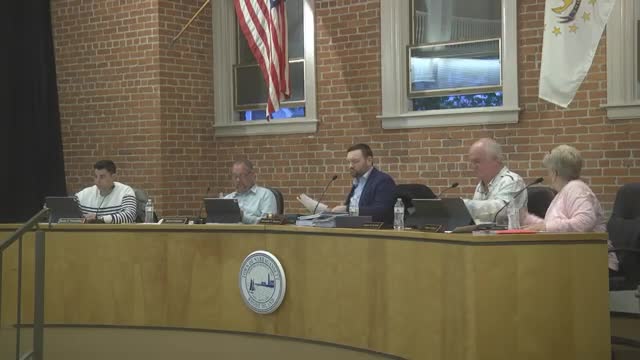Article not found
This article is no longer available. But don't worry—we've gathered other articles that discuss the same topic.

Votes at a glance: council passes routine appointments, licenses and continues zoning hearing to May 14

Residents urge council to address Bonnet Shores fire district voting and oversight

Planning board recommends denial of major zoning package; council opens contested public hearing on 14 amendments

